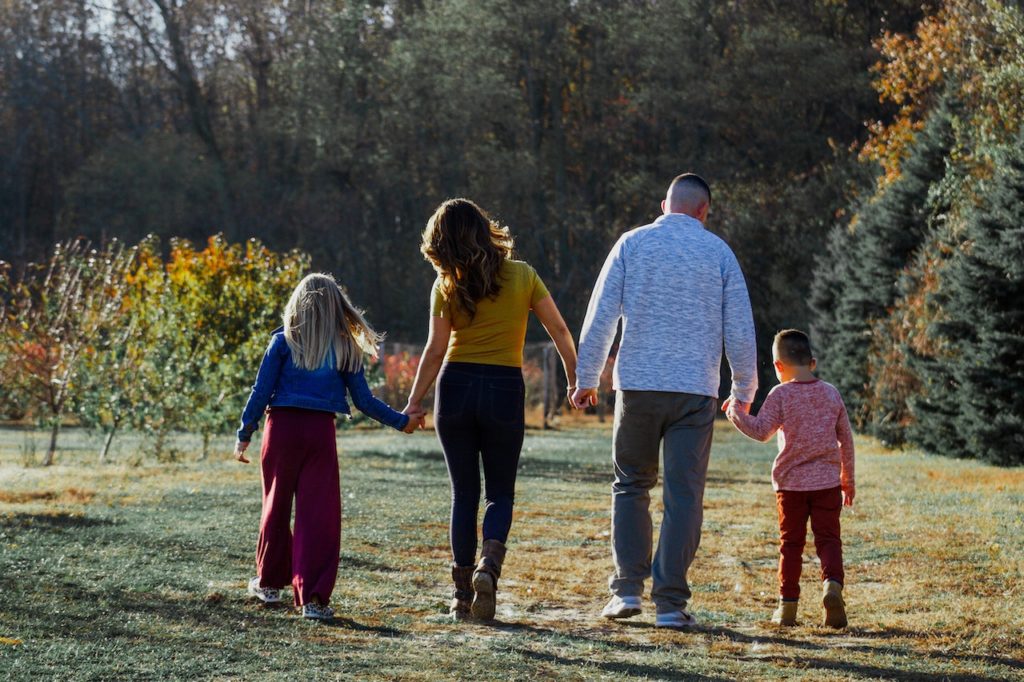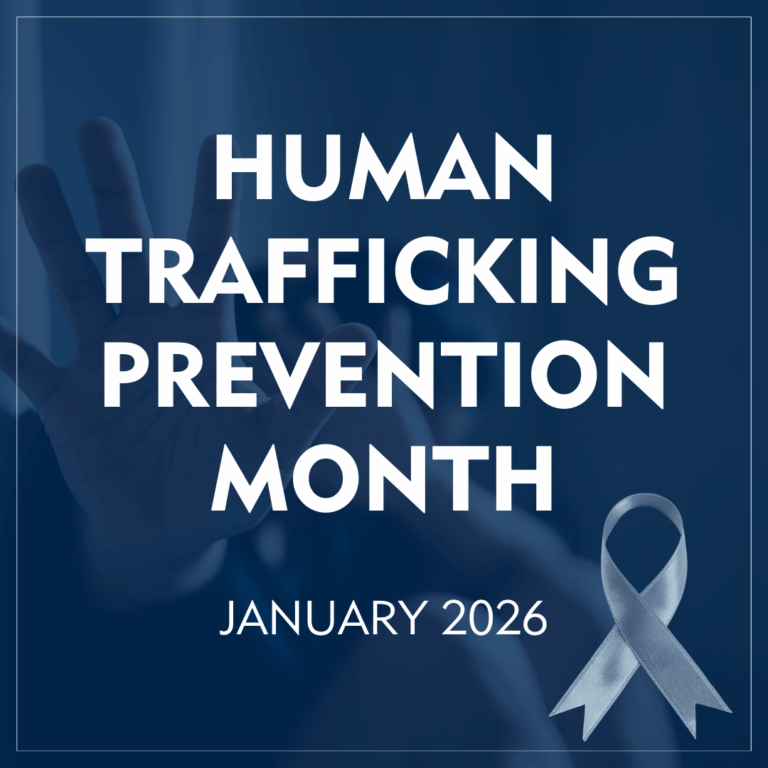5 Things You Should Know About Adoption & Foster Care
November is National Adoption Month. There are over 117,000 children and youth waiting to be adopted nationwide—and nearly 6,000 of them are here in Texas. Read on to learn more about what adoption looks like in the foster care system, and how you can help.

1. Adoption is not as common in foster care as you might think.
There are many loving, wonderful families out there who have welcomed a child into their home through adoption from foster care, and we celebrate them! But the truth is, adoption is not the top goal that CASA volunteers and others who work within the foster care system strive for. We first work for children to be reunified with their families of origin. In fact, CPS caseworkers are also required to prioritize family reunification when assessing permanency goals for a child.
Why reunification? Nearly all kids in foster care experience feelings of grief and loss after being removed from their home, regardless of what their situation was like. We also know that the vast majority of parents love their children and want what’s best for them, and the parents of these children are no exception. CASA, DFPS, and others in the system first work to help parents during this time so that they have the tools, resources, and support systems needed for their children to come back home and live with them safely.
In some cases, reunification is not safe or possible—that’s when adoption becomes an option for a child.
2. Many children in foster care are adopted by their relatives.
When we think about adoption from foster care, many of us first think about adoption by a non-relative. But did you know it’s also quite common for a child to be adopted by a relative or family friend? In fact, last year, 2,165 of the 4,627 children adopted from foster care here in Texas were adopted by relatives. Keeping children with people they know is what CASA volunteers and professionals in the system work toward when reunification is not possible, because it helps keep kids connected with their community and loved ones.
Fun fact: Olympic gold medalist gymnast Simone Biles was adopted from foster care by her maternal grandparents.
3. Adoptive families can qualify for financial assistance.
DFPS has certain adoption assistance programs in place to help with the costs associated with adoption. DFPS offers reimbursement (up to $1,200 per adoption) for reasonable expenses such as court costs, attorney fees, and other fees directly related to the legal completion of the adoption. Reimbursements will not be made until the adoption is consummated. Monthly financial assistance is also provided depending upon the child’s special needs and the adoptive family’s circumstances. To qualify for any of these assistance programs, the child in question must meet certain eligibility requirements. It should be noted that caseworkers will try to locate an adoptive placement that does not require adoptive assistance before placing a child with a family who requires it.
In addition, the adopted child often keeps Medicaid healthcare coverage until their 18th birthday. Some children who are adopted from foster care are also eligible to receive a waiver for tuition and fees at Texas’ public colleges or universities.
Beyond financial assistance, case management assistance is also provided to help the child and adoptive family adjust to the adoption, cope with any traumatic history of the child and avoid permanent or long-term removal of the child from the adoptive placement.
Additional assistance may also be available from the child placing agency or from the federal government through tax credits and social security benefits.
4. Teenagers need to be adopted, too!
According to the Adoption and Foster Care Analysis and Reporting System (AFCARS) FY 2020 report, more than one in five children in the U.S. foster care system waiting to be adopted were teens, but only 5% of all children who were adopted in 2020 were 15-18 years old. Sadly, these kids are some of the most vulnerable in the system—the most in need of support. The statistics are dire for youth who age out of foster care because the state has failed to reunify them with their family or place them in a permanent home:
- 20% will become instantly homeless
- Only 1 out of 2 will have some form of gainful employment by the age of 24
- 7 out of 10 who can become pregnant will be pregnant before turning 21
- There is less than a 3% likelihood that they’ll earn a college degree at any point in their life
These teenagers who are at risk of these outcomes need and crave love, safety, connection, and belonging just like any other child.
5. These children need people like you.
There are many ways to support children in the foster care system. Here are a few.
Become a CASA Volunteer: CASA volunteers are everyday citizens from the community who are screened, trained, and appointed by a judge to advocate for a child’s best interest in court. They work collaboratively with the professionals on the child’s case, including the caseworker, attorneys, and others. Their top priority is to advocate for the child to reunify with their parents. When this is not an option, they advocate for the child to live with and be adopted by other family members or friends, or with a caring adoptive family. Are you ready to take the first step towards becoming a CASA volunteer? Contact your local CASA program to get started! Not quite ready? Consider making a donation to support our work.
Consider Fostering or Adopting: Texas is always in need of more families to open their homes for children in state care. Visit DFPS’s Steps to Become a Foster/Adoptive Parent page to see the requirements, learn more and start the process.
Support a Foster/Adoptive Family: Foster and adoptive parents face all the same stresses as any other parent, and support from their community can make a huge difference. Offering childcare is a wonderful way to support a family—be aware that you will need to go through some training and pass a background check to become a certified babysitter if the child is still in the care of the state. You can also donate or gift supplies, or show your support for a family by offering to cook or buy them a meal. Beyond these acts of service, lending a listening ear can be just as valuable. Sometimes, all a stressed parent needs is a safe person with whom they can talk out their feelings. Let them know they can turn to you when they have moments of uncertainty or anxiety. Even if you don’t personally have experience with raising a child, you can still listen.
Spread Awareness: Just having conversations with friends and family about the children and families in the foster care system, and how they can help, can make a difference!


